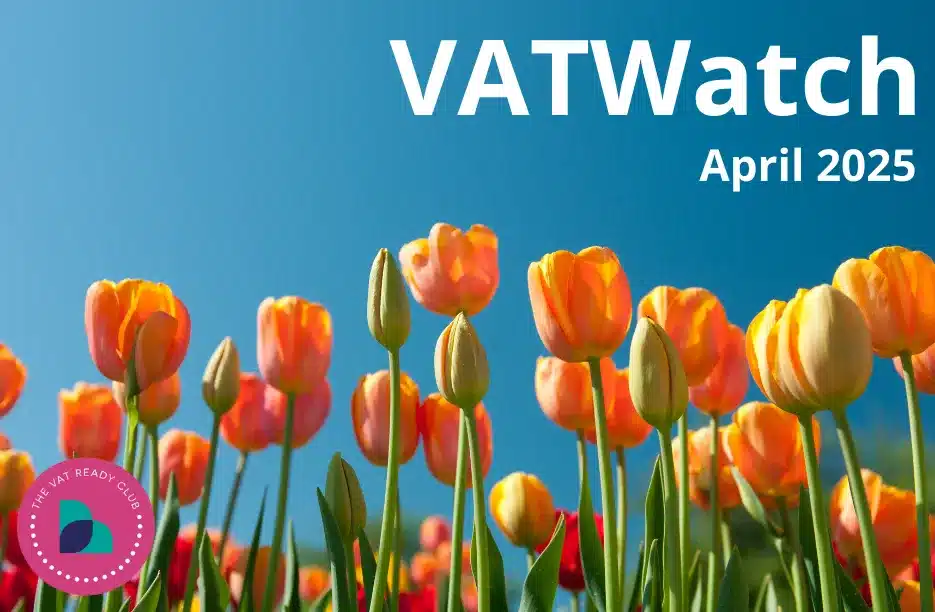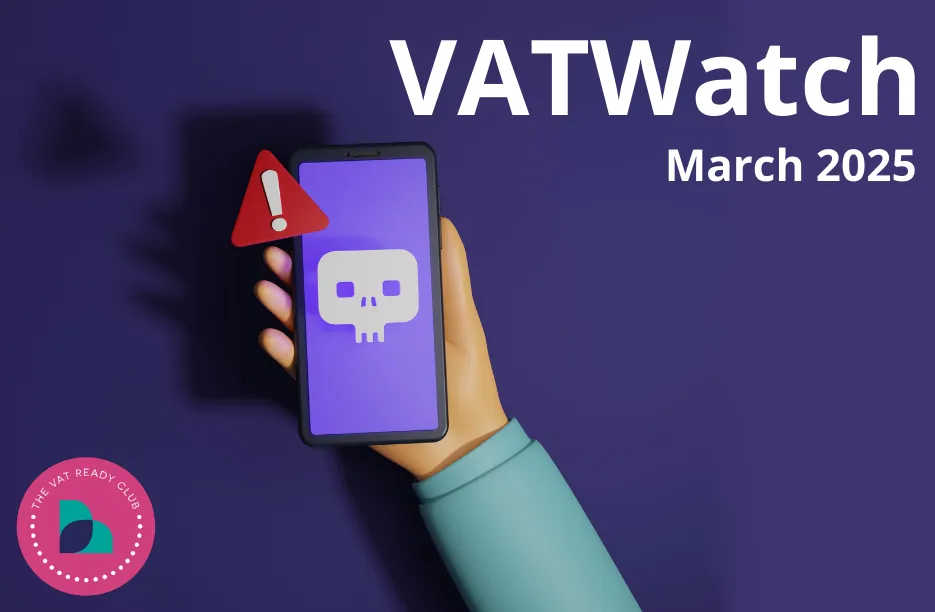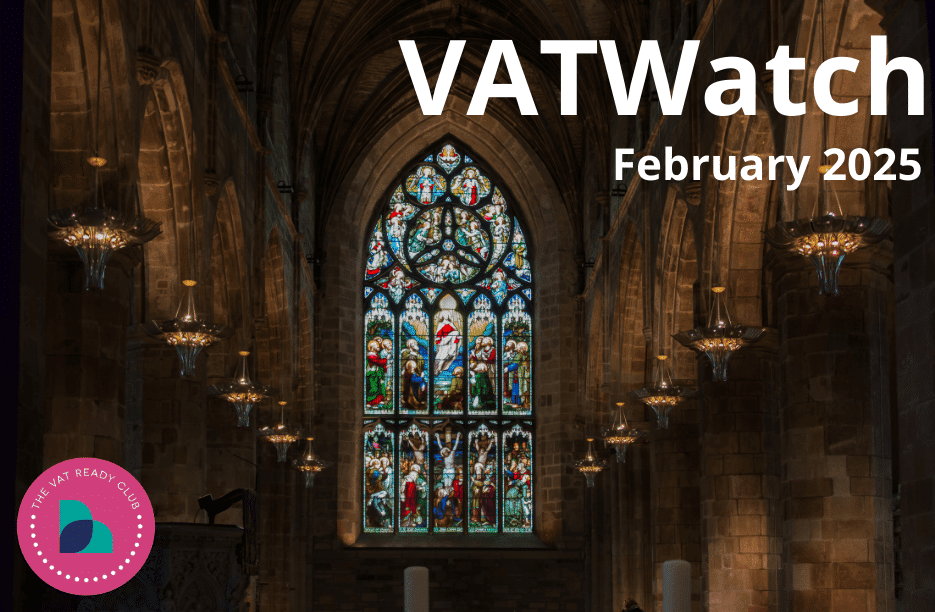Chelsea Cloisters, a property owned by Realreed, contains studio, one-bedroom, and two-bedroom apartments. This first tier tribunal (FTT) case concerns the letting of 235 of them; Realreed had treated rental income in respect of the apartments as exempt from VAT. While additional services were provided, this was a separate supply to the tenants by Chelsea Cloisters Services Ltd (CCSL), an associate company. That supply of services was treated by CCSL as standard rated. HMRC contended that the rental income was standard rated and so VAT was underdeclared. The VAT at stake in this first tier tribunal (FTT) case was well over £4m. A lot of the bookings for Chelsea Cloisters take place online via intermediary booking websites such as booking.com and Expedia. The CEO of the appellant’s parent company, Chesterlodge Group, described the business model as a ‘home from home’. He claimed that there is no signage suggesting the serviced accommodation is a hotel, and that it differs first and foremost by offering long-term stay. He further claims that Chelsea Cloisters does not offer any kind of catering or room service, and provides no laundry services, nor does it require the registering of visitors. No services are provided by Realreed, but are instead offered by CCSL who provides a maid service, dry cleaning, wi-fi, luggage storage, and various other services, and charges VAT on these. However, the case report refers to different versions of the Realreed website, including that Chelsea Cloisters offers services such as cleaning, satellite television, dry cleaning, and much more. In conclusion, the court said that while they accept that all Realreed is doing is letting apartments, CCSL’s services are not to be left out of the account. Just because they are made by another person or company, these services are part of what Chelsea Cloisters offers and commits to upon a contractual arrangement. It was therefore ruled that Chelsea Cloisters is an establishment similar to a hotel and so all the rental income is VATable. |




